2A or The Second Amendment
The Second Amendment of the US Constitution protects citizens’ right to keep and bear arms. It draws influence from England’s 1689 Bill of Rights and was ratified on December 15, 1791.
Probably the most popular version of it states this:
A well regulated Militia, being necessary to the security of a free state, the right of the people to keep and bear Arms, shall not be infringed.
Because this is in the Constitution, it’s considered part of the supreme law of the land.

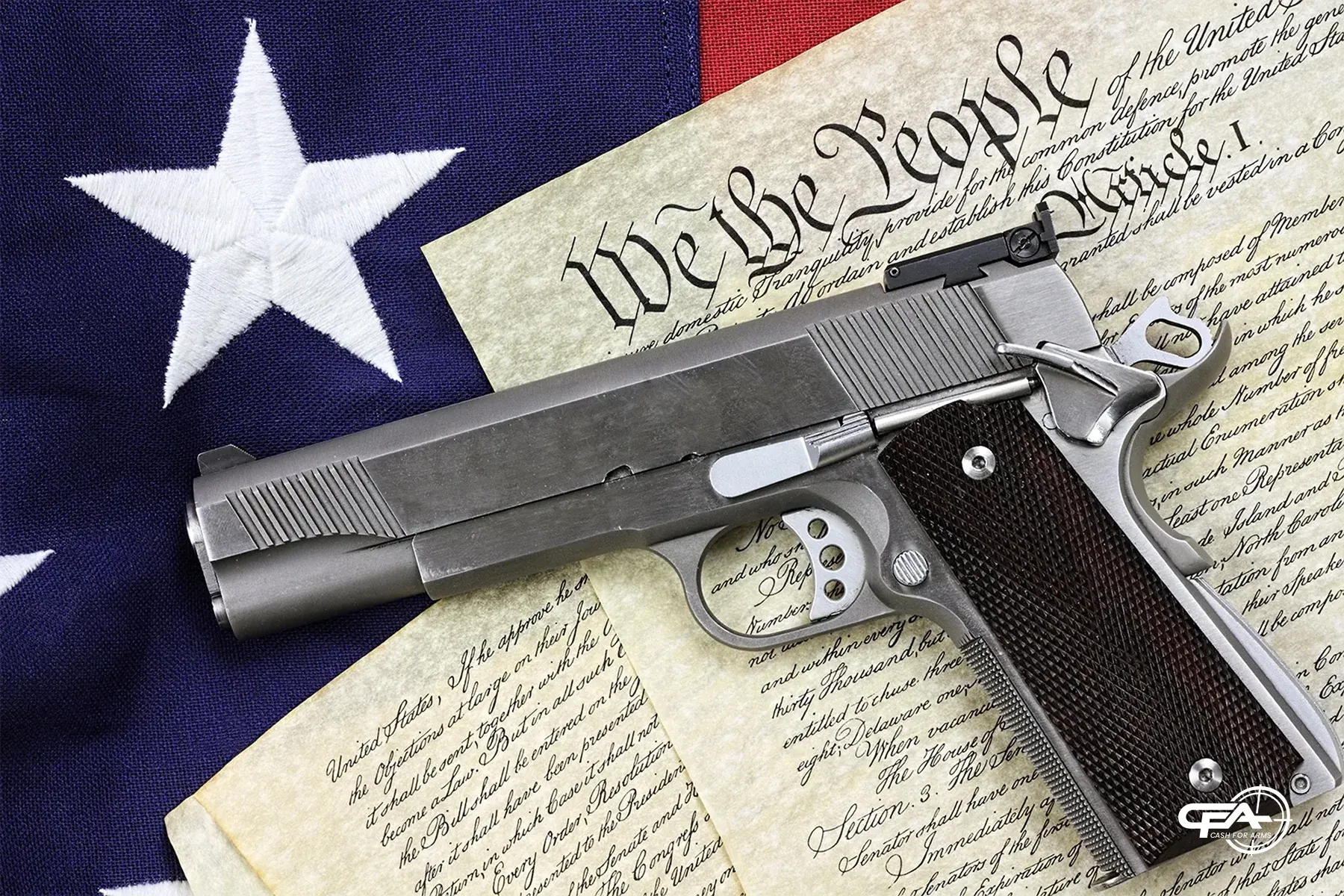
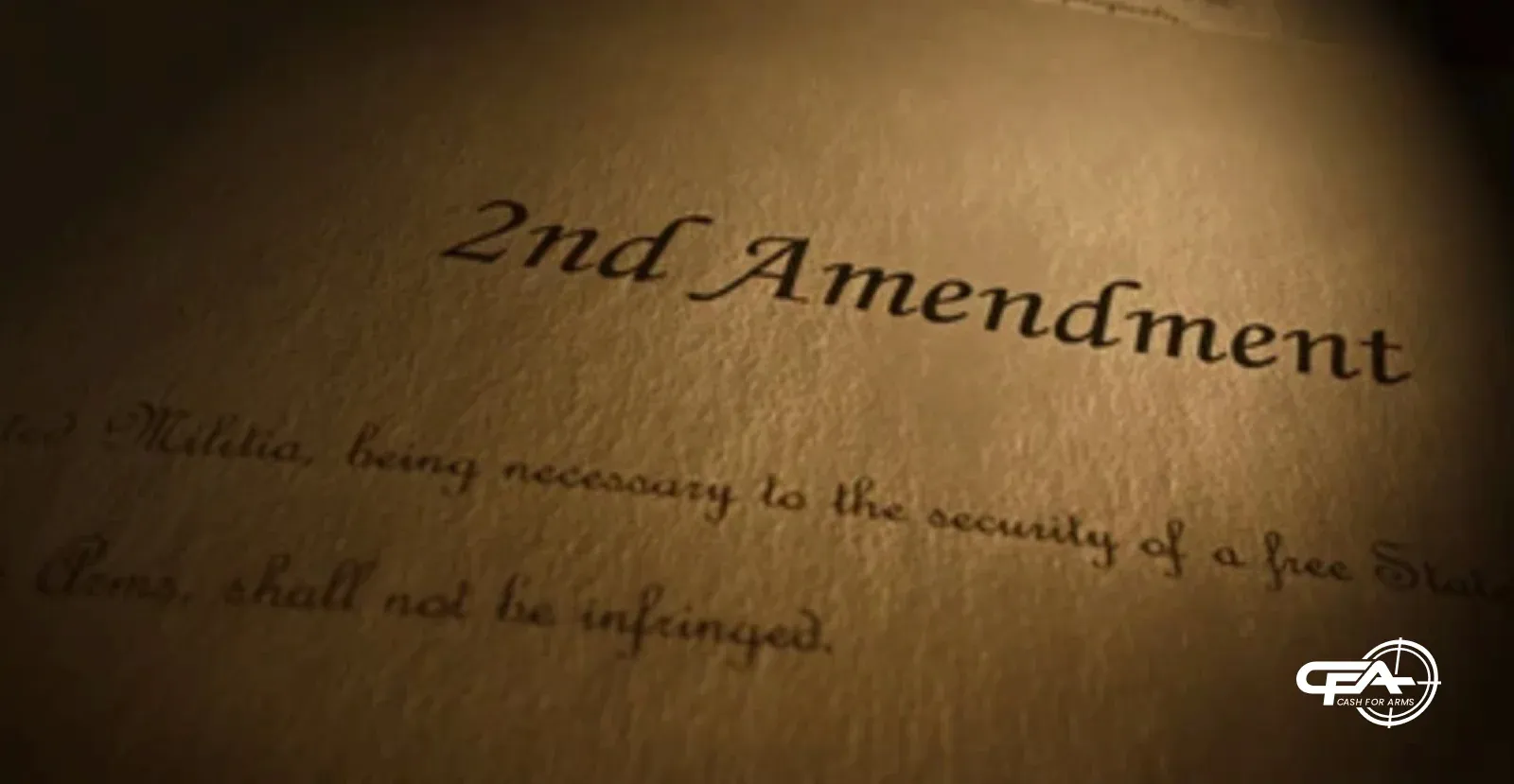
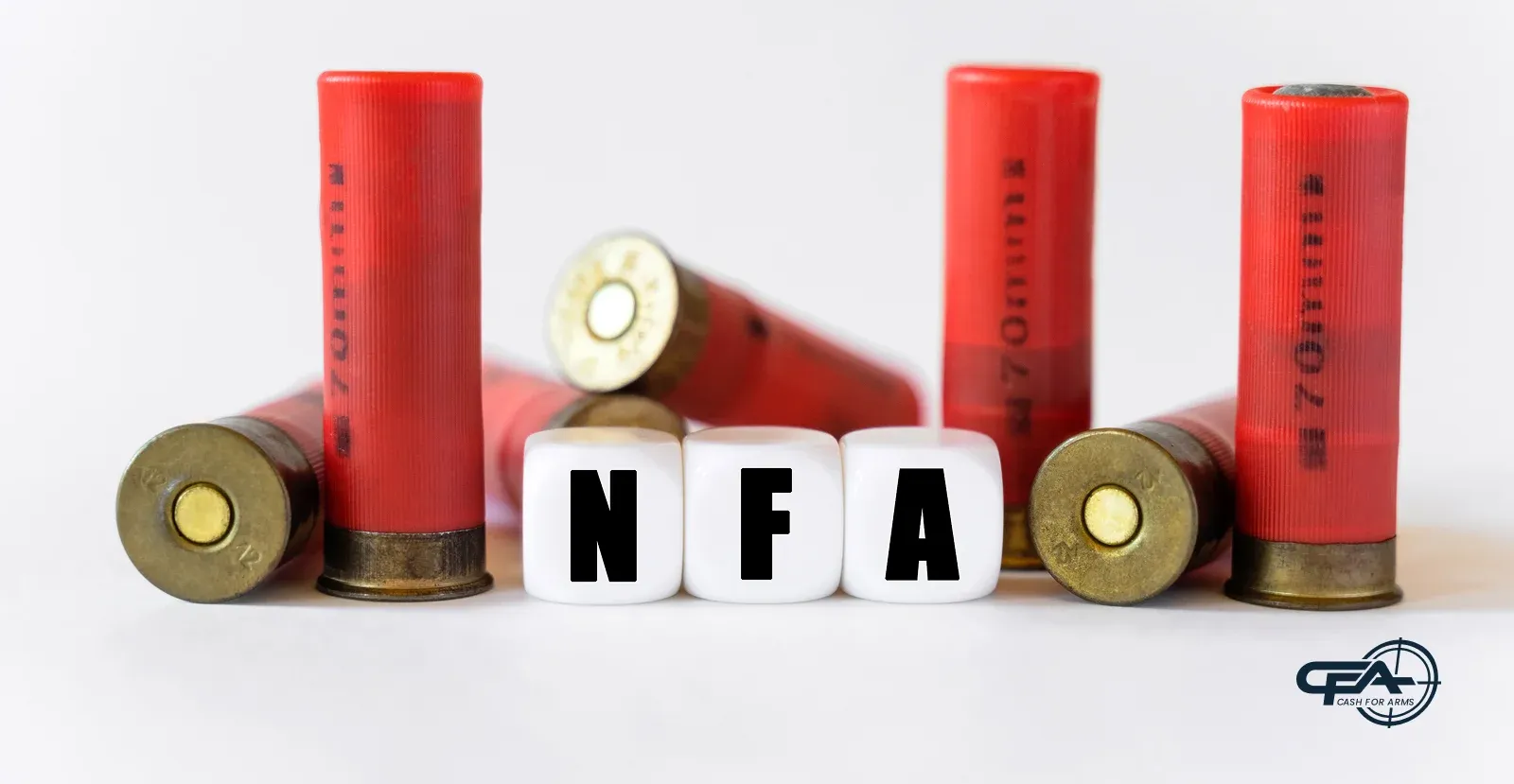
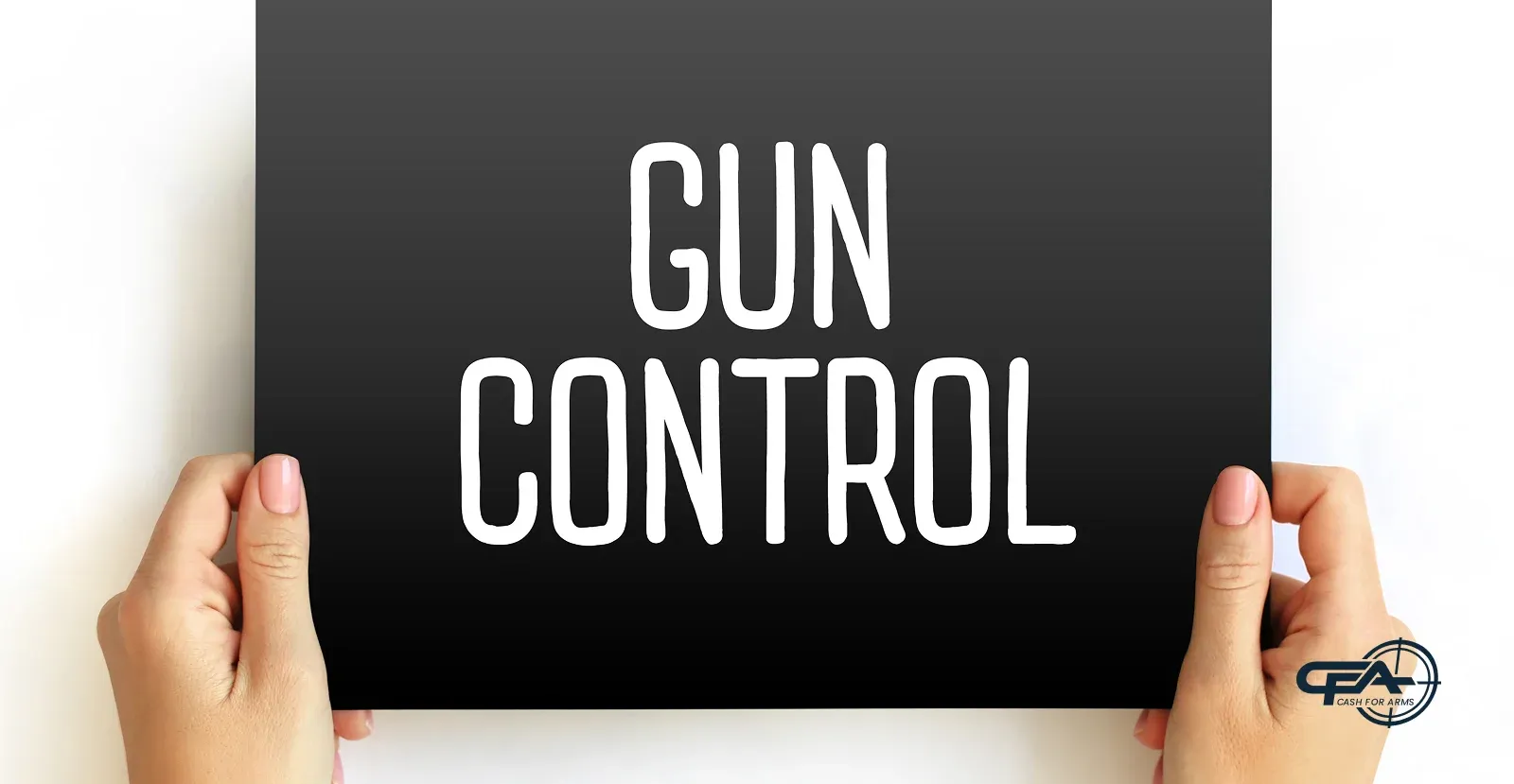
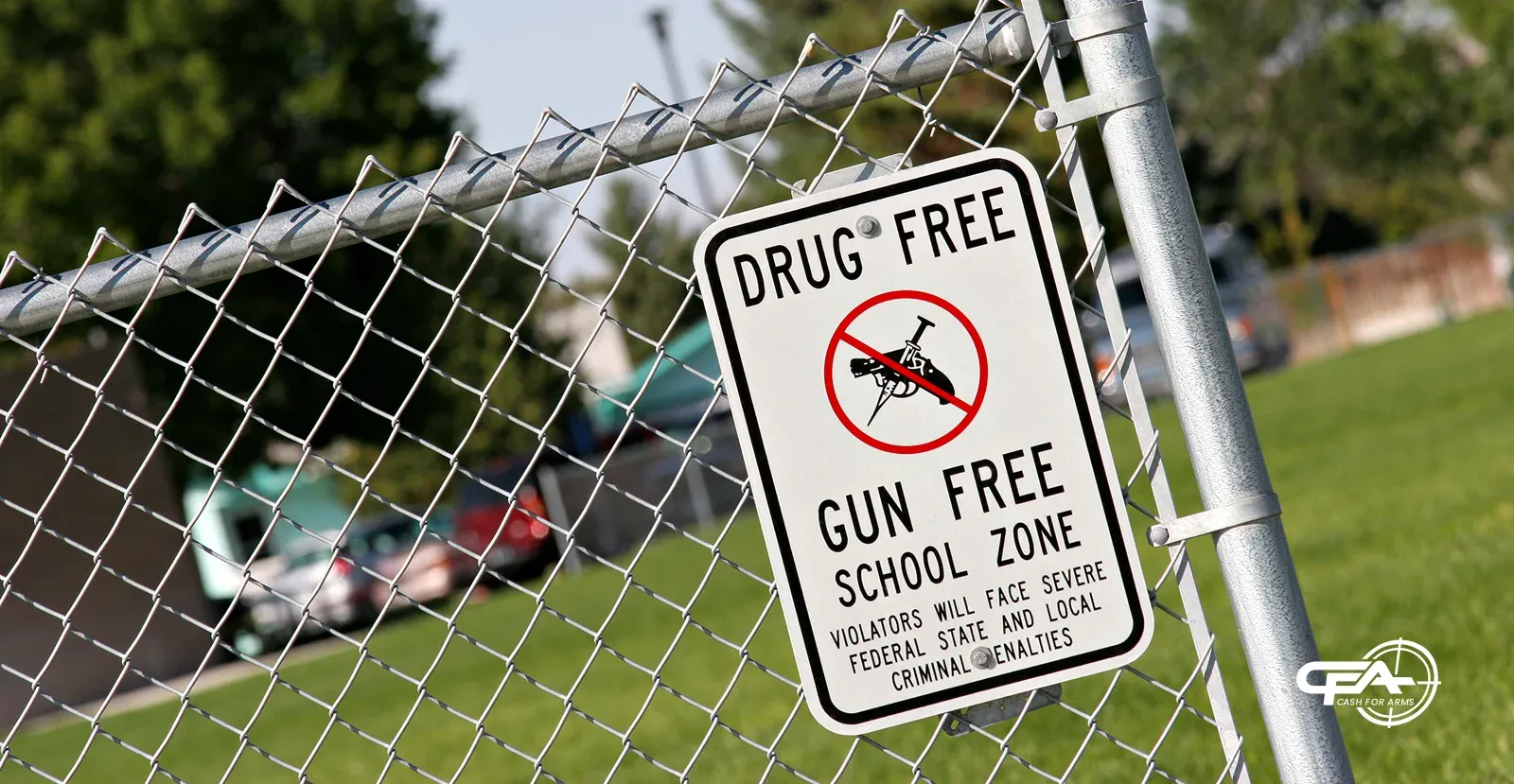
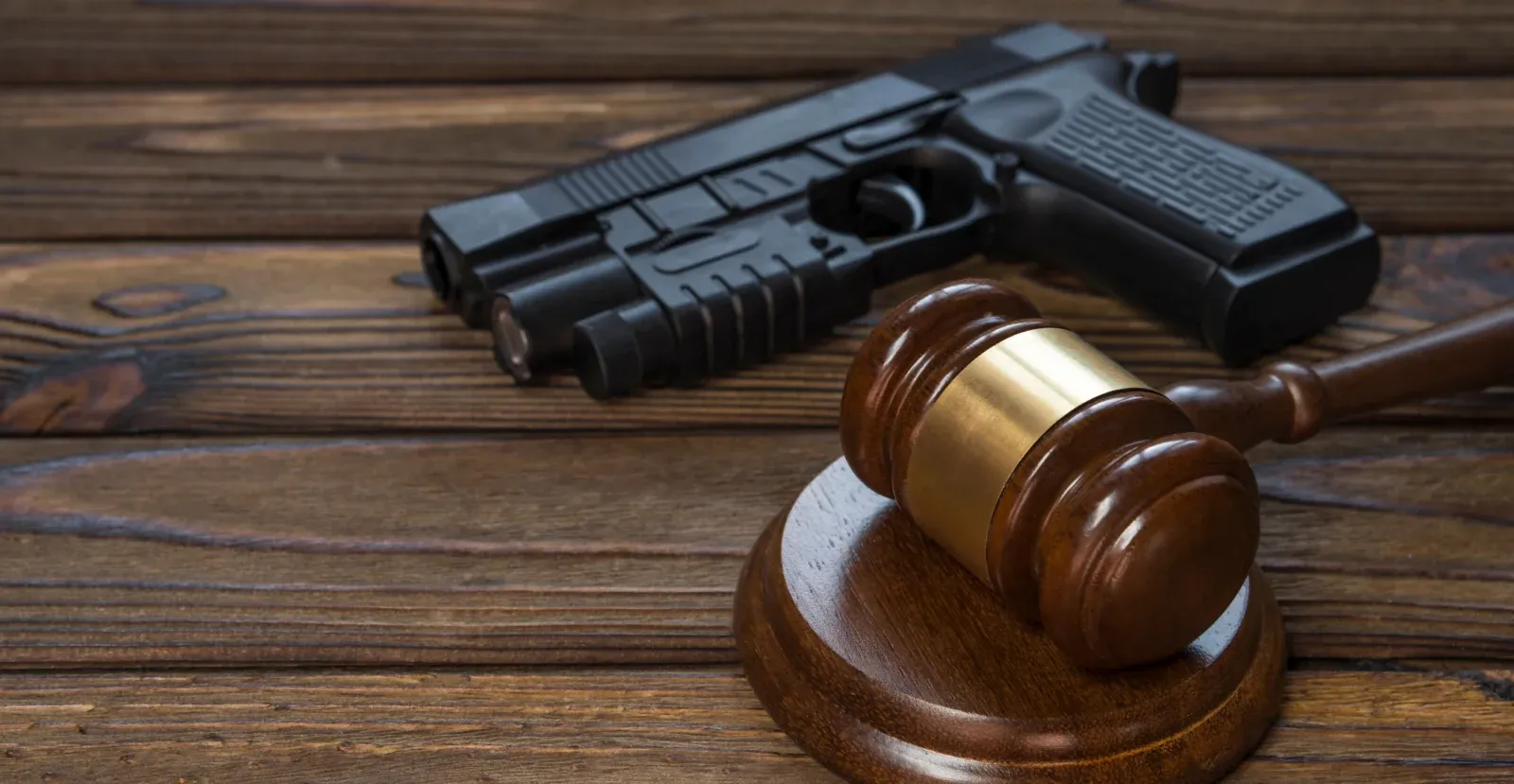
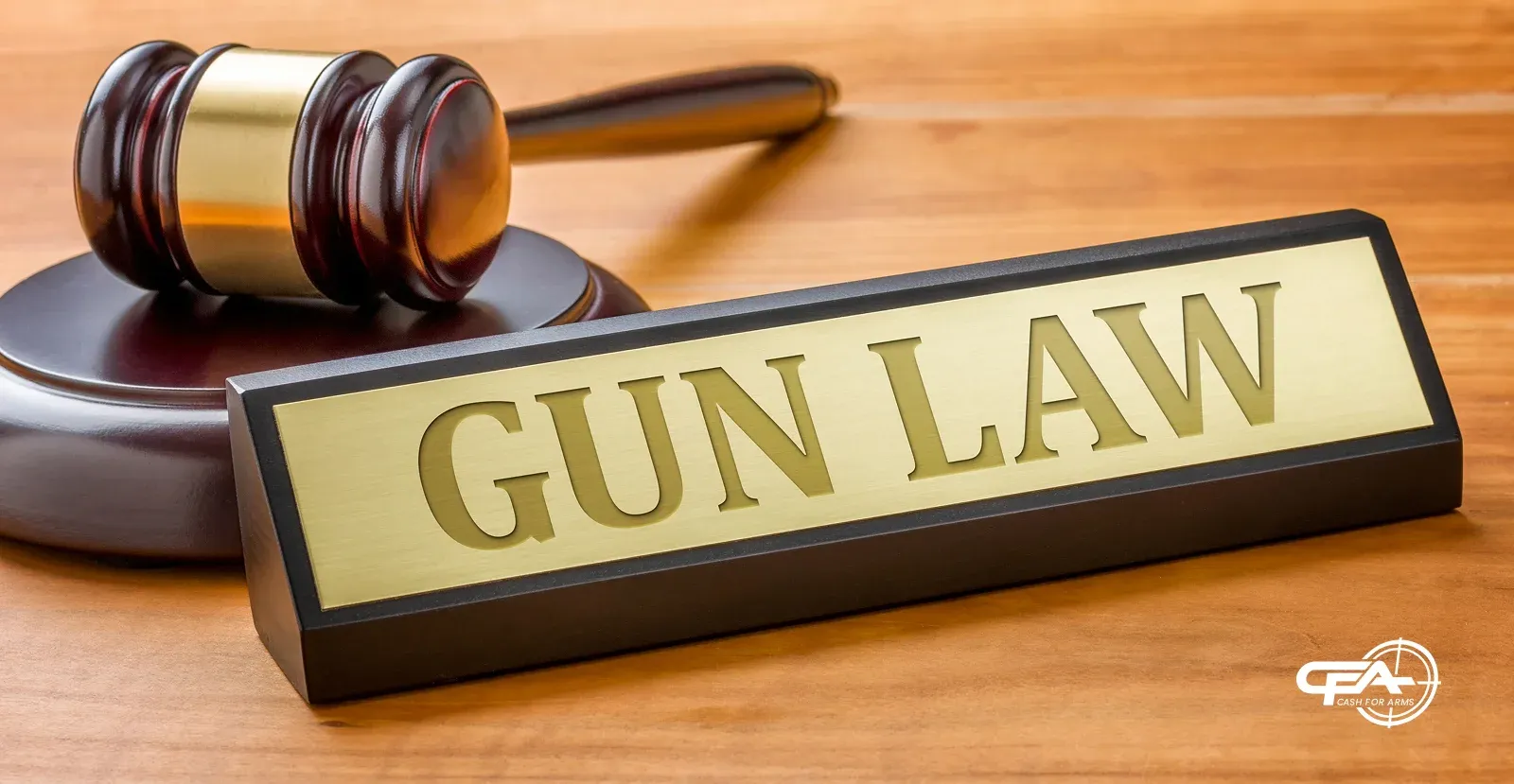
-2.webp)



